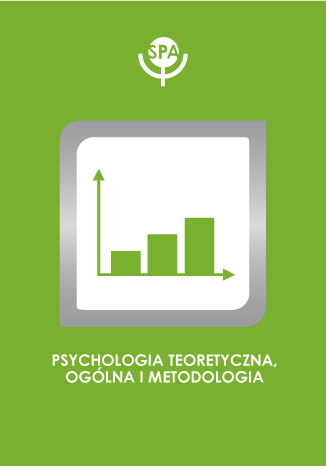Co naprawdę oznaczają dane? Wyniki badawcze, metaanaliza i wiedza kumulatywna w psychologii

Frank L. Schmidt
DOI:
Rocznik: 1995 Tom: 1 Numer: 1
Strony: 19-31
How should data be interpreted to optimize the possibilities for cumulative scientific knowledge? Many believe that traditional data interpretation procedures based on statistical significance tests reduce the impact of sampling error on scientific inference. Meta-analysis shows that the significance test actually obscures underlying regularities and processes in individual studies and in research literatures, leading to systematically erroneous conclusions. Meta-analysis methods can solve these problems – and have done so in some areas. However, meta-analysis represents more than merely a change in methods of data analysis. It requires major changes in the way psychologists view the general research process. Views of the scientific value of the individual empirical study, the current reward structure in research, and even the fundamental nature of scientific discovery may change.









 Pobierz pełny tekst
Pobierz pełny tekst



